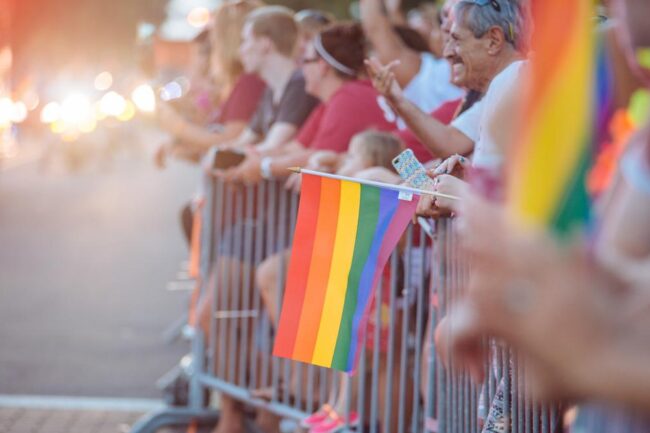LGBTQ+ Health
Health EquityCommunity Catalyst is committed to making health care equitable for everyone, especially systemically excluded communities like LGBTQ+ people.
LGBTQ+ people live in every state and span every age, socioeconomic status, race, and ethnicity. Yet, people in the LGBTQ+ community face an increased risk for several health issues as compared to their cisgender and heterosexual peers.
Many of these health disparities stem from structural inequities, such as the outright discrimination and stigma that LGBTQ+ people may encounter at home, work, school, and health care settings. For LGBTQ+ people of color, the health disparities are even greater. Because while they navigate discrimination for their gender or sexuality, they also have to navigate racism—sometimes even in LGBTQ-affirming spaces.
For all LGBTQ+ individuals, existing inequities are compounded as policies proposed on local, state, and federal levels attempt to further undermine their health care by restricting or prohibiting their access to medically prescribed prevention, treatment, and care.
Community Catalyst worked to ensure that non-discrimination protections under the Affordable Care Act are applied equally to LGBTQ+ people whose health care needs and decisions are increasingly under threat. Building community power will help us continue to influence how health-related policies serve and are held accountable to people harmed the most by our current system.


